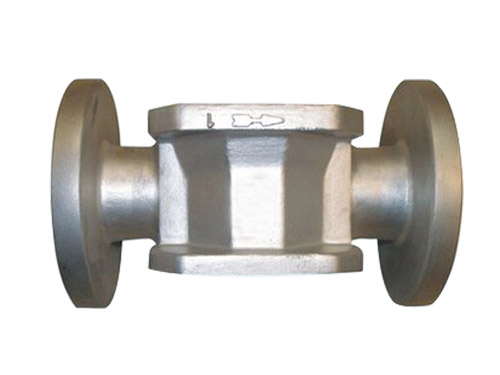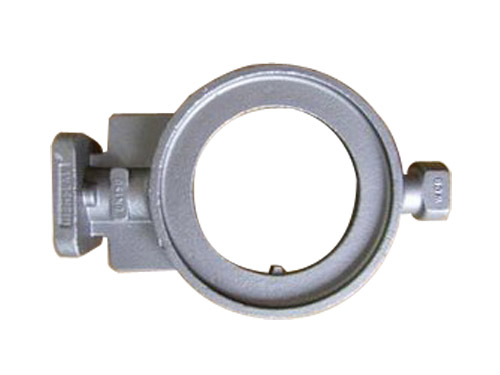According to foreign media reports, several leading Japanese car companies have cooperated with the Japanese government to develop solid-state batteries. The new project also cooperates with companies such as the Consortium for Lithium Ion Battery Technology and Evaluation Center (LIBTEC), Toyota, and Panasonic.
To support the project, the Ministry of Economy, Trade and Industry will provide 1.6 billion yen (about 14 million US dollars) for Libtec. The members of the organization include: Asahi Kasei, East Toray Industries. In addition, Toyota, Nissan, Honda, Panasonic and GS Yuasa also participated.
Toyota has been working on solid-state battery technology and has not yet advanced to the commercial stage. The project aims to accelerate the commercialization of solid-state lithium-ion batteries by leveraging the expertise of members within LIBTEC.
The core objectives of the project include: improving battery performance and establishing safety standards for new batteries.
LIBTEC hopes to develop a solid-state battery that is expected to double the range of electric vehicles in 2030, from the current 400 kilometers (about 249 miles) to 800 kilometers (about 497 miles). It is estimated that the agency plans to increase the range of electric vehicles to 550 kilometers (about 342 miles) by 2025.
In 2013, Japanese companies accounted for 70% of the global automotive battery market, but today their dominant position has been challenged by China and South Korea. In 2016, the share of Chinese companies in the global automotive battery market jumped from 3% in 2013 to 26%, while the share of Japanese companies shrank to 41%.
Japan is eager to regain market dominance by setting solid-state battery standards.
Precision Casting Of Mechanical Parts is one branch of carbon steel precision casting, which is widely used in train markets. Mechanical parts precision casting of adopts lost wax casting, also called investment casting. In wax pattern process,we mix stearic acid and paraffin wax.
In wax pattern making, as you know, it is better than polyethylene, and the wax deformation is small. In dipping slurry process,most of the suppliers adopt water glass technics in domestic area,but we adopt compound technics or silica sol technics. As you know, carbon steel castings will be much smoother with compound technics (compound of water glass and silica sol technics),this method is so popular with our customers, and the quality is higher than water glass technics, the cost is lower than silica sol technics.
In shell making,we adopt automatic sand-covering production line, which was invented under the guidance of our general manager.The indoor temperature was controlled by air-conditions,keeping the temperature at 24℃±1℃, which can make the castings much more stable,the internal tissues much more well-proportioned.
Our mechanical parts as precision casting products have quality assurance in accordance with ISO9001: 2008, strict material inspection and exact dimension control, with 100% quality control. OEM order is welcome. The parts can be made completely based on your specifications such as drawing, design, sample etc.


Precision Casting Of Mechanical Parts
Mechanical Precision Casting,Investment Casting for Mechanic Parts,Machinery Part Precision Castings,Mechanical Part Investment Castings
Wei fang junlong precision casting Co.,Ltd , https://www.junlongcasting.com


![<?echo $_SERVER['SERVER_NAME'];?>](/template/twentyseventeen/skin/images/header.jpg)